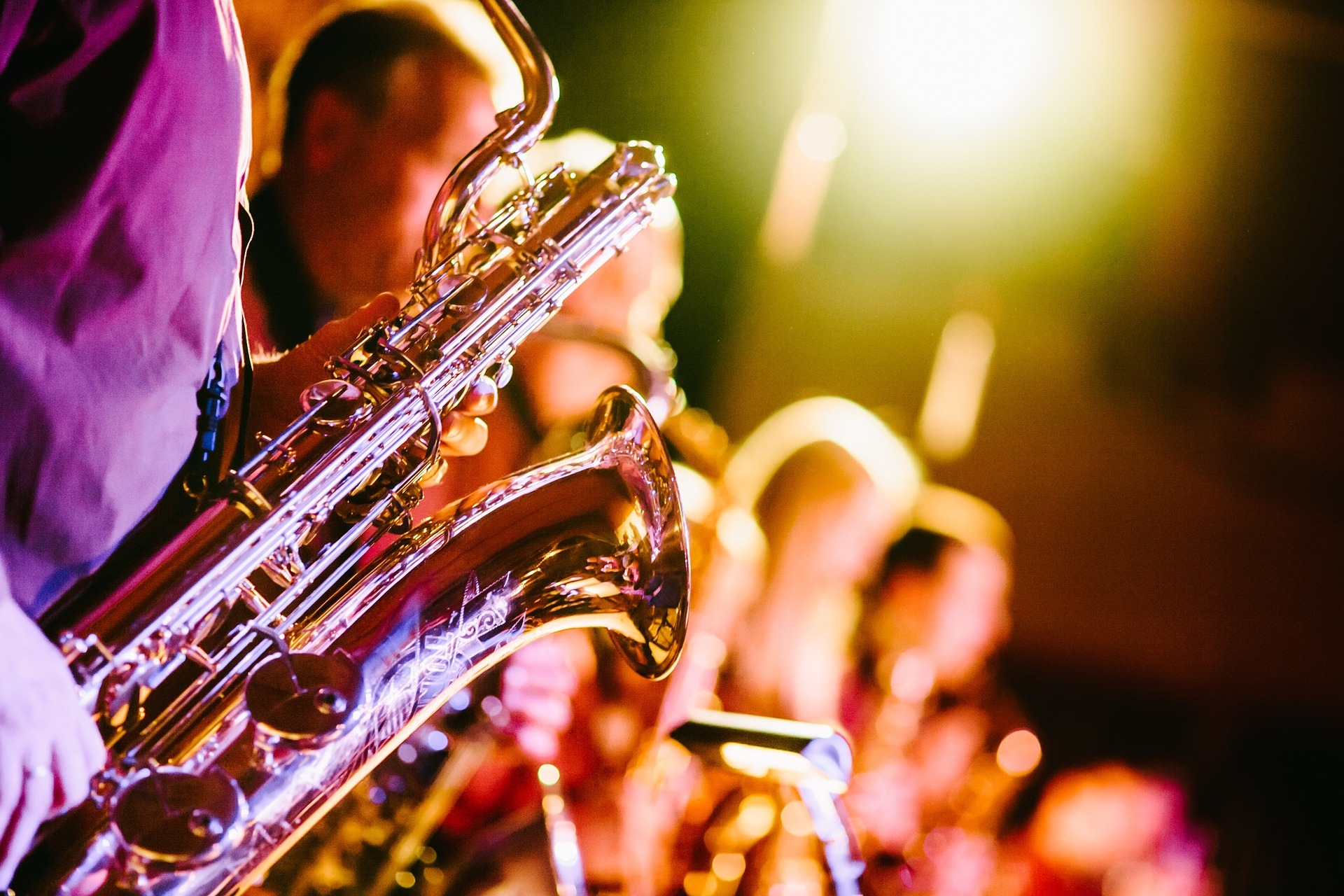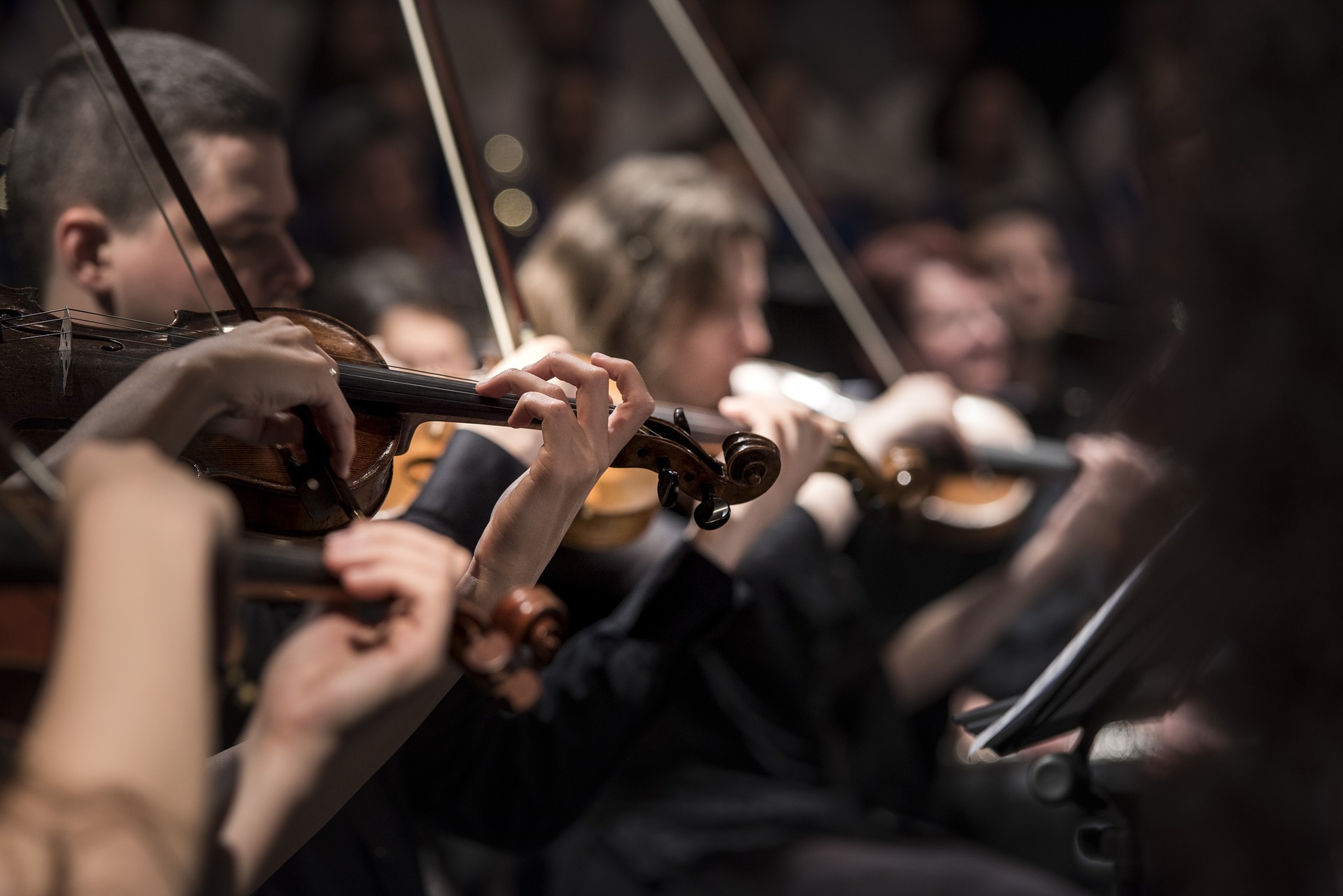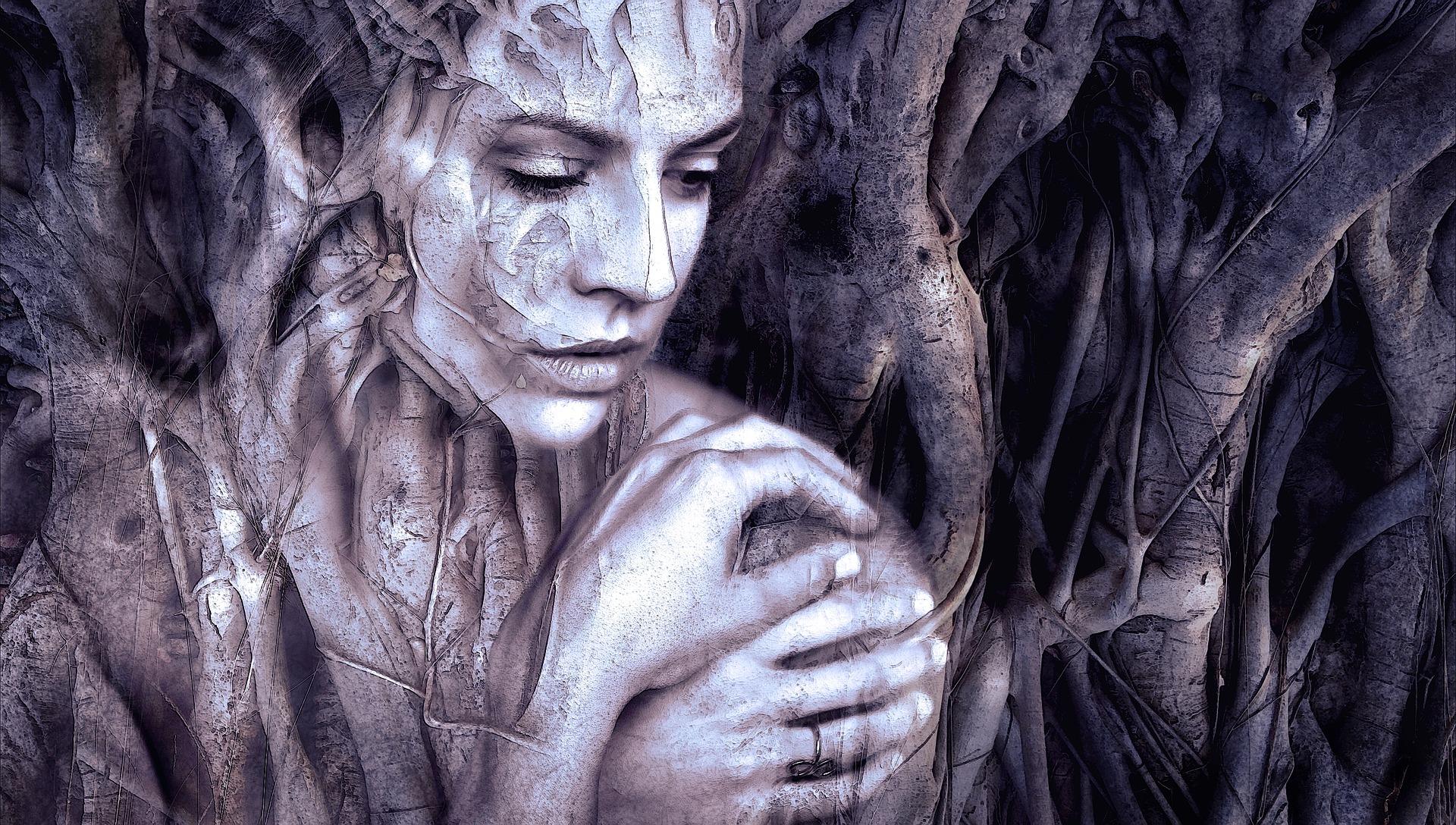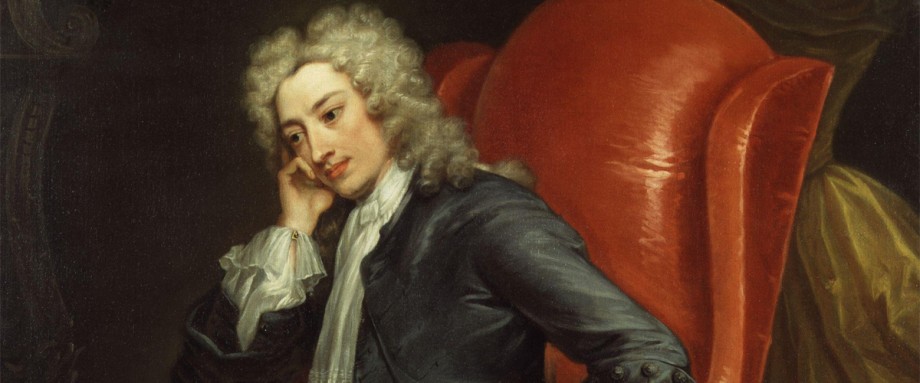Context: In this poem, the poet is trying to portray her Puritan and Biblical belief about the pleasure of the body deceiving the soul from the higher pleasures of Heaven. Flesh tells her sister that the joys and luxuries of the world are luxurious and happy, and that she should also open her eyes and look at them. Clearly, Spirit gets angry, and believes that her sister doesn’t know anything about leading an ideal and spiritual life. She thinks that her sister is trying to brainwash her and deceive her from her ideas and her dedication towards God. But Spirit doesn’t want to deviate from her aim, which is higher than hers, and that she knows what she is doing. She asks Flesh to not speak at all, and tell her what to do, because what she is doing is a sin, and Spirit doesn’t want to indulge in the pleasures of the world. She doesn’t want the joy of the diamonds and pearls, and the riches of the world, but the pleasures of the Heaven that she if going to receive later once she has left the body. She says that the Flesh would turn into ashes and disappear, but the soul is immortal, and would enjoy the pleasures and joys of the Heaven after it has left the body, and those joys are never ending and are far more joyous than the ones in the world. She says that no silks and gems could deceive her from the pleasures of the world.
The message of the Spirit is that we should live a Christian life to lead a moral and religious life to enjoy the pleasures in the Heaven, and the luxuries of the world deceives the soul from the living life in a moral and Christian way.
Structure and Rhyming Scheme: The poem was published in two parts by the poet, where there is a contrast between the Flesh and Spirit. The poet has followed a very strict and rhyming style in the entire poem, and has maintained that throughout. The rhyming style of this poem is aabb. For example,
The hidden Manna I do eat; a
The word of life, it is my meat. a
My thoughts do yield me more content b
Than can thy hours in pleasure spent. b
Nor are they shadows which I catch, a
Nor fancies vain at which I snatch a
But reach at things that are so high, b
Beyond thy dull Capacity. b
The poet has tried to maintain a different rhyming scheme and structure for the Spirit part from the Flesh to keep a little variety and distinction between the two. It helps to make the poem stand distinct in both divisions and parts. The poem has a lot of metaphors in it, and personification of the body and spirit as two sisters as Flesh and Spirit. The poem is from the first person p3erspective of the two sisters, and is in a style of dialogues between two sisters.
There is a heavy use of Biblical terms and archaic English in the poem, which gives a religious touch to the poem. For example:
Mine eye doth pierce the heav’ns and see
What is Invisible to thee.
My garments are not silk nor gold,
Nor such like trash which Earth doth hold,
But Royal Robes I shall have on,
More glorious than the glist’ring Sun.
The poem also has words that start with the upper casing to emphasise the importance of the words in the poem and helps to give a direction and clear meaning to the poem. The breaks and punctuations in the poem have given a flow and direction to the poem, which helps the readers to understand the tone and flow of the poem.
Imagery: The poet has used imagery as a tool to create an image of the bigger picture of the Heaven, and the joys and pleasures of the Heaven, which is eternal in front of the luxuries and pleasure in the world. The earthly pleasures are an illusion, and they are vicious, as they deceive us from the joy which is infinite. The poet has used beautiful and ornamented words to describe the image of heaven. For example:
The Streets there of transparent gold
Such as no Eye did e’re behold.
A Crystal River there doth run
Which doth proceed from the Lamb’s Throne.
Of Life, there are the waters sure
Which shall remain forever pure.
Nor Sun nor Moon they have no need
For glory doth from God proceed.
No Candle there, nor yet Torch light,
For there shall be no darksome night.
Theme: The theme of this poem is biblical and religious, where the poet is trying to show how the Flesh is trying to deviate the Spirit from the real purpose of life, which is to lead a religious and spiritual life, and not get deviated by the worldly pleasure of earth and forget the purpose of life. Spirit says how the pleasures of Heaven is much more and divine than the pleasures of the world. The joys of the Heaven are infinite and immortal, where there is no sorrow or pain.
Deep Meaning: The deep meaning of this poem is that the body seeks for the joys and luxuries of the world which is destructive, and how the soul retaliates and strives for the Heaven, where there is no space for sorrow and problems. It is a place of never ending happiness and light. Heaven is the Kingdom of God, a place full of light and satisfaction.
Some online learning platforms provide certifications, while others are designed to simply grow your skills in your personal and professional life. Including Masterclass and Coursera, here are our recommendations for the best online learning platforms you can sign up for today.
The 7 Best Online Learning Platforms of 2022
- Best Overall: Coursera
- Best for Niche Topics: Udemy
- Best for Creative Fields: Skillshare
- Best for Celebrity Lessons: MasterClass
- Best for STEM: EdX
- Best for Career Building: Udacity
- Best for Data Learning: Pluralsight










